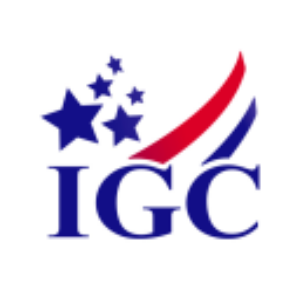IGC Completes its Phase 1 Clinical Trial on Alzheimer’s Patients, Reports Safety and Tolerability
The primary end point of this Phase 1 trial was safety and tolerability. Based on this study, and subject to FDA concurrence, generally, the cannabis-based investigational drug IGC-AD1 was safe and well-tolerated by the Alzheimer’s trial participants. The safety and tolerability data has been filed with the FDA in IGC’s Annual Report.
The trial was conducted on 12 participants suffering from Alzheimer’s disease. The participants represent a frail geriatric population with multiple comorbidities and mild to moderate Alzheimer’s disease. Each participant had a caregiver that helped manage the daily reporting. For this Phase 1 trial, the average age of participants was 80.9 years, with an average weight of 141.2 pounds with
The trial’s secondary end points, including pharmacokinetics, genotyping, neuropsychiatric inventory, and measurement of suicide severity have also been completed. We expect to report this data as it becomes available and after submission to the FDA. At this stage, there can be no assurance as to the results that this secondary data will show or that it will meet any of our expectations.
To IGC’s knowledge, this is the first human clinical trial using low doses of natural Tetrahydrocannabinol (“THC”) in combination with another molecule, on Alzheimer’s patients. THC is a psychoactive member of the cannabinoid class of natural products produced by the Cannabis sativa plant. IGC hopes that, with future successful results from appropriate further trials subject to FDA approval, IGC-AD1 could contribute to relief for some of the 50 million people around the world expected to be impacted by Alzheimer's disease by 2030 (WHO, 2020).
About IGC:
www.igcinc.us, www.igcpharma.com, Twitter @IGCIR.
Forward-Looking Statements:
This press release contains forward-looking statements within the meaning of Section 21E of the Securities Exchange Act of 1934. These forward-looking statements are based largely on IGC’s expectations and are subject to several risks and uncertainties, certain of which are beyond IGC’s control. Actual results could differ materially from these forward-looking statements as a result of, among other factors, the Company’s failure or inability to commercialize one or more of the Company’s products or technologies, including the investigational new drug or formulation described in this release, or failure to obtain FDA approval for the investigational new drug or additional clinical trials; testing results from human clinical trials that may not be favorable or as anticipated; general economic conditions that are less favorable than expected, including as a result of the ongoing COVID-19 pandemic; the FDA’s general position regarding cannabis- and hemp-based products; and other factors, many of which are discussed in IGC’s
View source version on businesswire.com: https://www.businesswire.com/news/home/20210907005938/en/
info@igcinc.us/Phone: 301-983-0998
Source:







